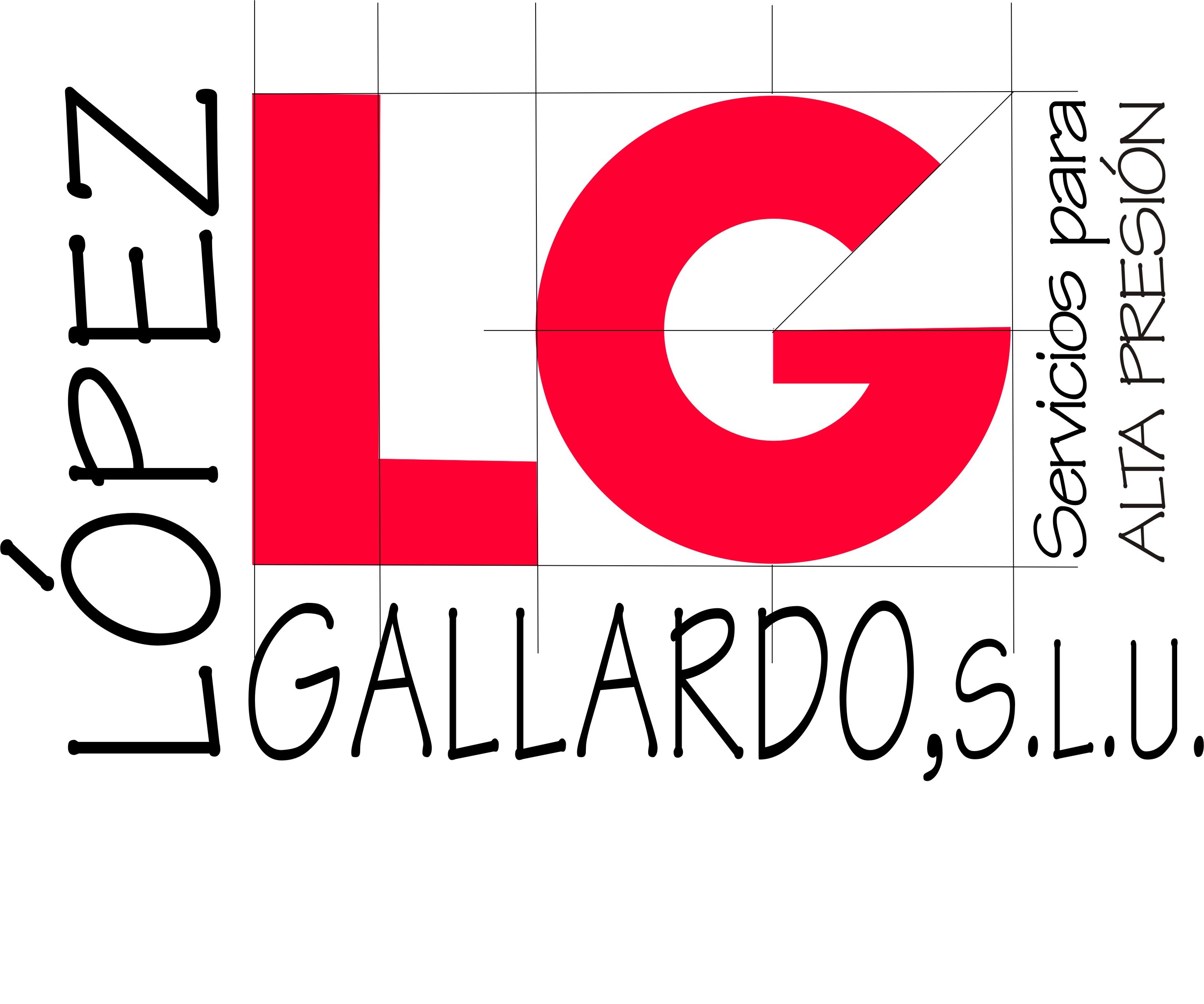Sin categoría
Responsibilities of a Board Director
A Board Director is an elected member of the governing body which decides on management decisions and establishes corporate strategies. Every public company is legally required to have a board of directors; private firms and nonprofit organizations could also have them. Board members are fiduciaries who are responsible for ensuring that the long-term financial stability of the organization and stability is secured through sound business practices.
The board of directors have numerous responsibilities, which differ from one organization to another. For example certain boards have an executive committeetypically comprised of the CEO and other top-level positions — that manages crucial activities such as mergers and acquisitions. Some boards have permanent committees, such as the audit committee or the compensation committee, which focuses on specific issues.
Another important duty of a board is to determine the tasks it can take on itself and which should delegate to senior management. Many boards develop a schedule of reserved powers that explicitly clarifies which tasks they are entitled to perform for themselves and those that can more efficiently be delegated to management.
Board members are also accountable to recruit new members. This involves assessing needs and identifying candidates who have the required qualifications, skills, and experience. Boards should also actively engage in risk-management strategies, for example, by arranging war games or creating playbooks that help prepare for crises.
To carry out these vital tasks, an organization must have the necessary tools. This includes superior board software, which will allow directors to communicate easily with each other and perform important board-related tasks. The board portal offers an all-encompassing repository and a permanent records of all board documents including audits and financials, committee reports, agendas and minutes, meetings and voting information.

